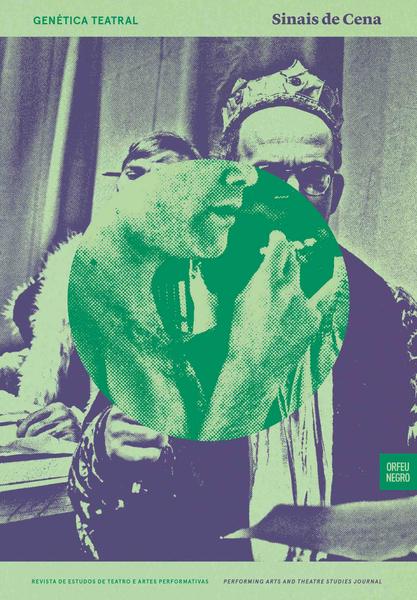Rescritas cénicas da ópera "King Priam" de Michael Tippett, nos séculos XX e XXI
DOI:
https://doi.org/10.51427/cet.sdc.2017.0005Keywords:
King Priam, Pretext-archive, Piece in movement, Chosen moment, ScenographyAbstract
This research aims to explore the concepts of "pretext archive" and "work in movement" (Féral) in a case study of the opera 'King Priam' by the British composer, librettist, and pacifist Michael Kemp Tippett (1908-1998). Inspired by Homer's "Iliad", this war-themed opera deals with timeless subjects such as conflict and choice and has been performed for over fifty years. To achieve this goal, a "chosen moment" (Féral) is analyzed in three stage reinterpretations (1962, 1985, and 2014) of this inherently theatrical work. The comparative perspective allows, on one hand, the tracing of the genetic history of "King Priam", and on the other hand, raises questions regarding the relationship between the aforementioned concepts, space, and time. This approach will help identify stage solutions that, while distinctive to their respective eras, still retain elements of previous reinterpretations, thereby shedding light on the meanings of the concepts under examination. This study concludes by posing the following question: "In what terms can we understand the concepts of "pretext archive" and "work in movement" in the context of a traveling opera, such as the latest staging of "King Priam"?
Downloads
Downloads
Published
How to Cite
Issue
Section
License
Copyright (c) 2017 Ana Rita Figueira

This work is licensed under a Creative Commons Attribution-NonCommercial-NoDerivatives 4.0 International License.
Authors who publish in Sinais de Cena will release their contributions under the Creative Commons — Attribution-NonCommercial-NoDerivs 3.0 Portugal — CC BY-NC-ND 3.0 PT: “Licensees may share, copy and distribute the material in any medium or format, under the following terms: 1) You must give appropriate credit, provide a link to the license, and indicate if changes were made. You may do so in any reasonable manner, but not in any way that suggests the licensor endorses you or your use. 2) You may not use the material for commercial purposes. 3) If you remix, transform, or build upon the material, you may not distribute the modified material".











